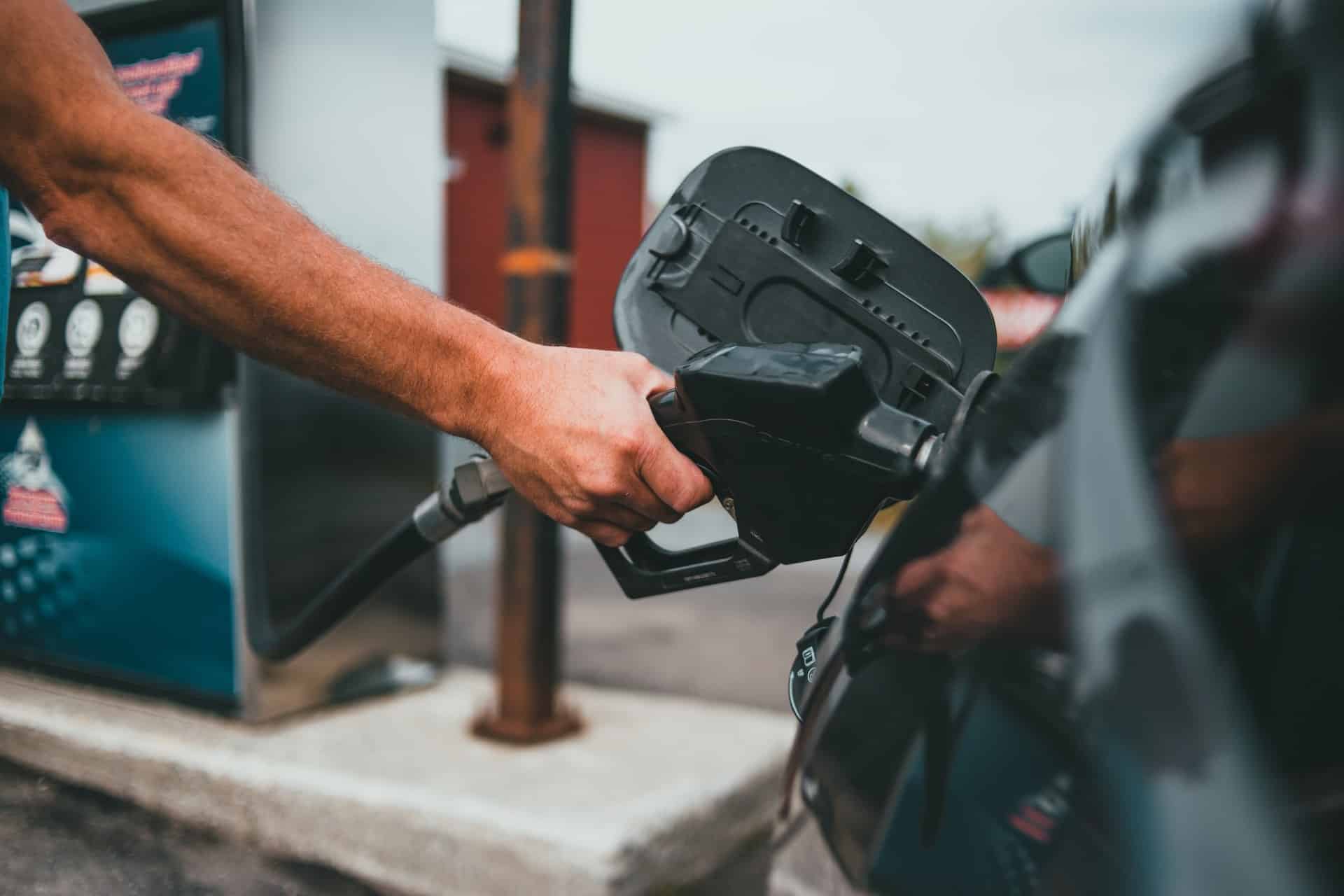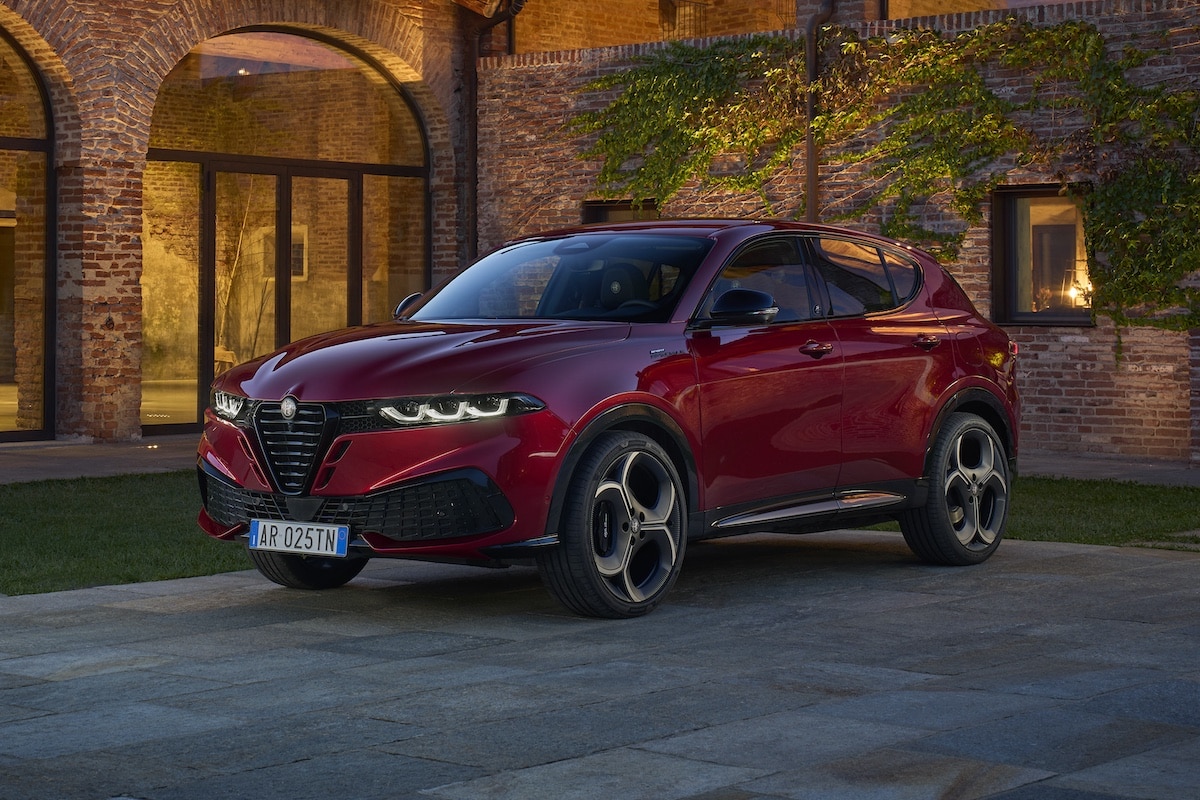Slowing Down the Automotive Energy Transition: A Budgetary Mistake

When working with the ecological bonus 2025 on electric vehicles, France is making a very poor financial decision. Here’s why.
Rather than accelerating the shift to electric vehicles, France is choosing to slow down. The reduction of the ecological bonus 2025, from 4,000 to 2,000 euros (and from 7,000 to 4,000 euros for low-income households), is a stark sign of budgetary panic that makes no strategic sense.
Manufacturers have already been transitioning for the past 10 years, and today they are once again being reprimanded. Moreover, at a time when France’s external trade balance is disastrous, slowing down the domestic energy transition to electric—primarily for national production—is absolutely idiotic!
An economic suicide?
While climate and economic challenges demand swift and structured actions, the French government adopts a cautious, even contradictory stance. Yet the consequences of this slowdown are obvious: a yawning trade deficit, costly energy dependence on Gulf countries, and a stifling of innovation.
In 2022, during the peak of the energy crisis caused by the war in Ukraine and the post-Covid economic recovery, France spent 148 billion euros importing hydrocarbons, tripling its energy bill in three years. Nearly 45 billion euros of this amount are directly attributable to fuels consumed by private cars, with the rest going to industry and heating. This dependence contributes to France’s trade deficit, which reached historic levels in 2023, surpassing 160 billion euros. It can be said that 90% of this loss is related to fossil fuel purchases!
The paradox? While electrifying the car fleet could significantly reduce this bill, recent budget decisions seem to hinder this transition. Looser regulations for thermal vehicles and the lack of clear support for widespread electric vehicle (EV) adoption are signals of strategic hesitation. Yet, replacing just 10% of the vehicle fleet with EVs could save nearly 6 billion euros annually on oil imports. Imagine if the fleet quickly reached 20 or 30%!
These would not be merely savings, but would keep these foreign currency reserves within France to invest further, generating future income. Buying barrels of crude oil does nothing to benefit the French economy!
The Underestimated Benefits of Electrification
Accelerating the energy transition, beyond its environmental impact, offers significant economic advantages.
- Energy independence: Electric vehicles mainly consume locally produced electricity. Reducing fossil fuel consumption strengthens France’s energy sovereignty. The war in Ukraine painfully reminded us of this in 2022.
- Cost reduction for households: Although EVs have higher purchase costs, their long-term operating costs (maintenance, fuel) are lower than those of thermal vehicles.
- Job creation: Transitioning to electric could generate tens of thousands of jobs in renewable energy and new mobility sectors.
The slowdown of the automotive energy transition also seems influenced by pressures from the oil industry and some automakers, still largely dependent on internal combustion models. These players argue economic reasons (protecting traditional jobs, costs for households), but omit to consider the long-term structural gains.
Conclusion: 0/20 in budget mastery
French leaders are merely implementing an immediate extinguishing of fires policy, without looking further ahead. A dissonance that worries the country’s lenders, who now impose higher interest rates, making debt burden the top expenditure item for France.
Slowing down the automotive energy transition will be a strategic mistake costing France hundreds of billions of euros, both economically and environmentally. Facing a record trade deficit and urgent climate challenges, accelerating this transition is not only necessary but also an opportunity. The French government must correct course by adopting a clear, ambitious, and coherent policy that puts electric mobility at the heart of its economic and ecological strategy. Ignoring this urgency condemns France to remain trapped in an outdated and costly model.
ALSO READ: Public debate: What do you think of the ecological bonus?
This page is translated from the original post "Ralentir la transition énergétique automobile, une erreur budgétaire" in French.
We also suggestthese articles:
Also read



